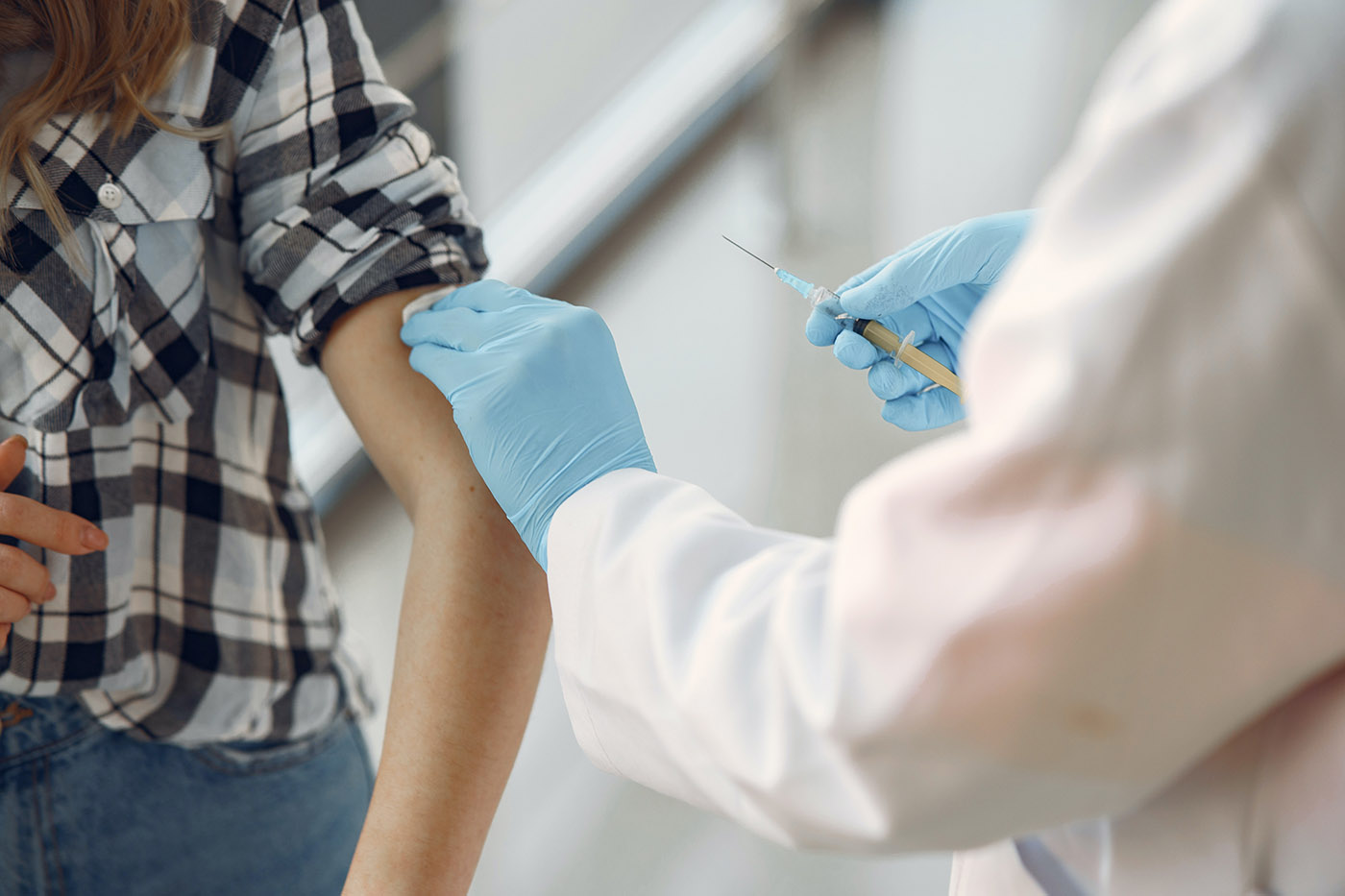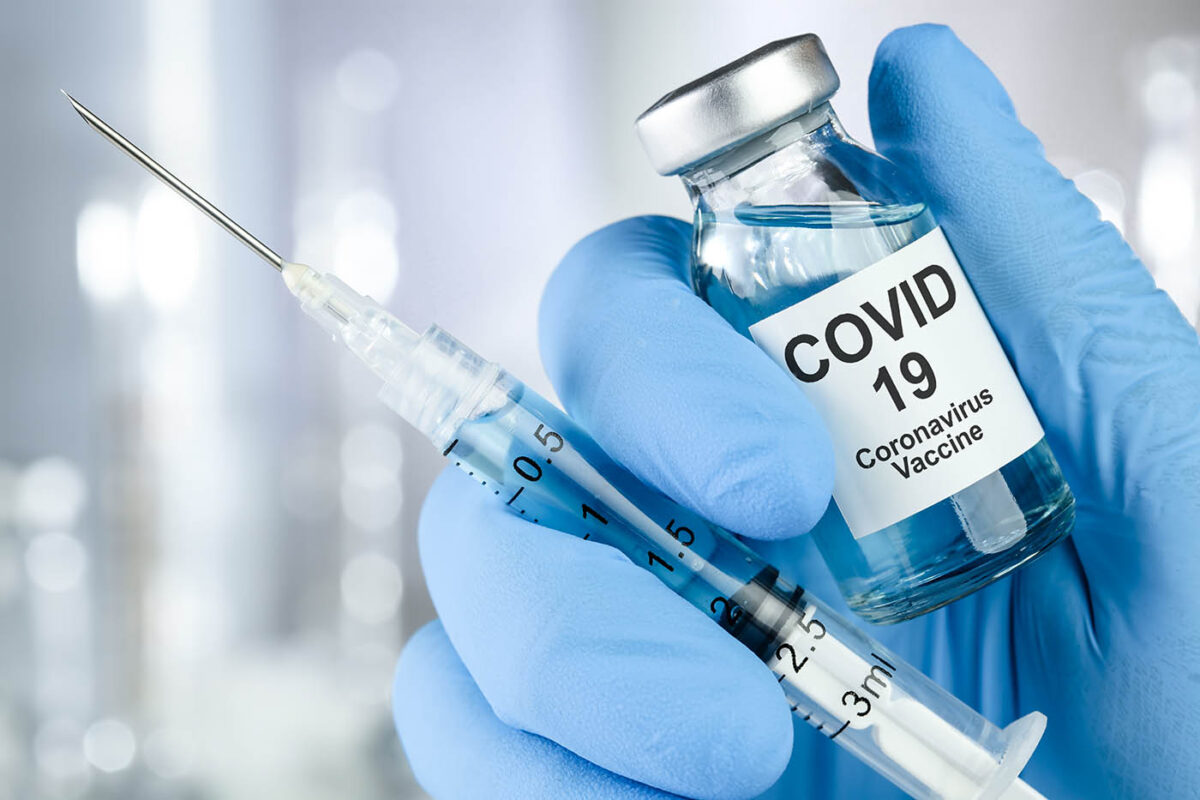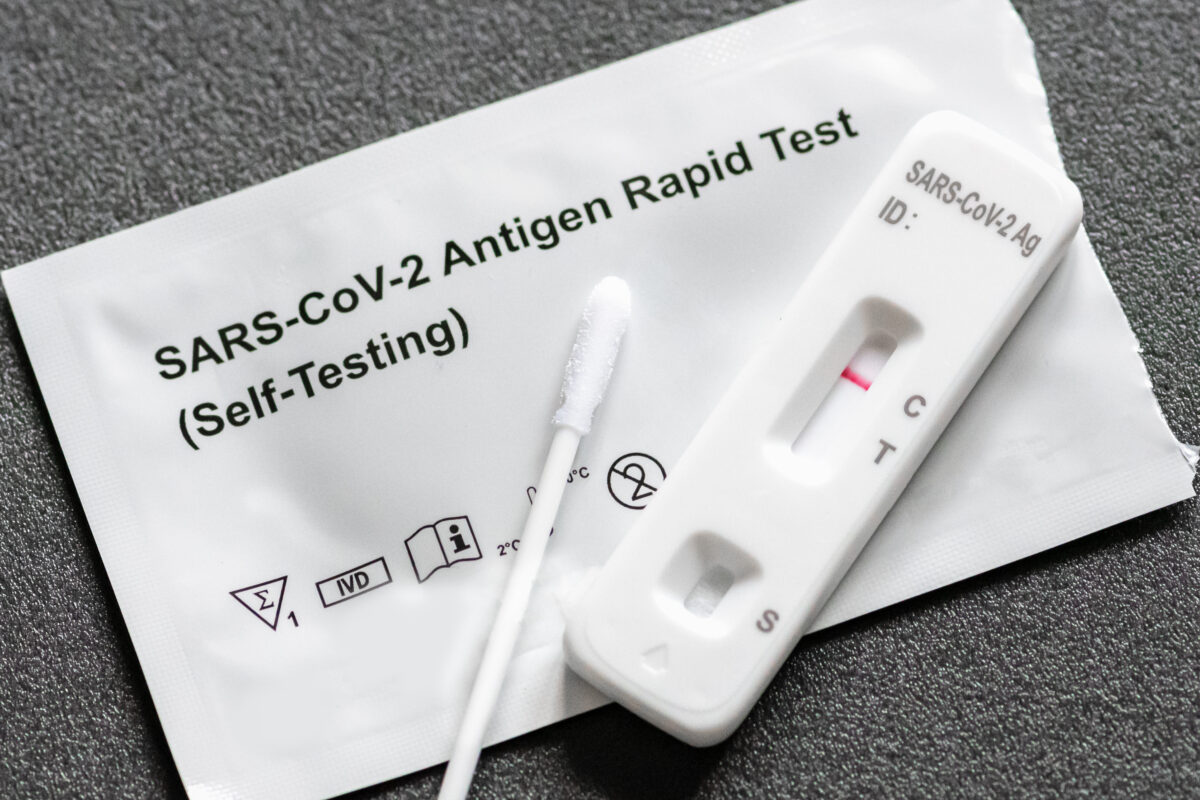
The Trump administration announced major changes to its vaccine distribution plan this week, following a slow rollout to priority populations that was met with mounting frustration by citizens and public health officials across the nation ― including in Arkansas, where fewer than 20% of vaccines allocated to the state for long-term care facility residents and workers under a federal program have been administered as of today (Jan. 13).
Health and Human Services Secretary Alex Azar announced two key changes to the vaccine distribution process during an Operation Warp Speed news conference Tuesday. In a move that is in step with a previous announcement from the incoming Biden administration, Azar said all existing doses of vaccines will be released for immediate use. Currently, second doses are being held back to ensure their availability for the two-dose regimen required for both the Pfizer-BioNTech and Moderna vaccines.
Azar also announced changes in how vaccine doses would be allocated to states. Beginning in two weeks, doses will be dispersed according to a new system based partly on the number of residents 65 and older in each state, in contrast to the current approach which bases doses on each state’s total adult population. Azar said the new system also will be based partly on the pace at which each state has been administering the vaccines already received, adding pressure on states to distribute vaccines more quickly and raising concerns that states could compromise efforts to reach low-income and minority populations.
Along with these distribution changes, the Trump administration recommended that states make vaccines available to people 65 and older and adults with preexisting medical conditions that place them at higher risk of severe illness. The administration also called on states to increase the number of locations where eligible Americans can receive vaccines by adding community health centers, more pharmacy locations, and large event venues such as convention centers that could serve as mass vaccination sites.
These changes will mean major shifts in states that have been closely following recommendations from the Advisory Committee on Immunization Practices (ACIP), but some states had already modified their plans for wider distribution to additional priority populations before the Trump administration announced its changes.
A new analysis by the Kaiser Family Foundation compares states’ approaches to vaccine prioritization and finds that as of Jan. 11, most states remained in Phase 1A of vaccine distribution, which under ACIP’s recommendations includes healthcare workers and residents of long-term care (LTC) facilities. However, some states have modified the priority groups included in Phase 1A, including Arkansas, which also placed first responders (police and firefighters) in this category. On Tuesday, Gov. Asa Hutchinson also announced that some members of the state’s Phase 1B priority group would become eligible to begin receiving vaccines on Monday, Jan. 18. This change applies to Arkansans 70 and older, along with school, university, and childcare center employees.
Of particular concern are nationwide difficulties in getting vaccine doses to residents of LTC facilities, a population at increased risk for severe illness and death from the virus. Intending to expedite getting vaccines to this vulnerable population, the federal government partnered with CVS, Walgreens, and Managed Health Care Associates to oversee vaccine distribution for LTC facilities. Known as the Pharmacy Partnership for Long-Term Care Program, the approach is intended to alleviate the administrative burden on LTC facilities by having the aforementioned pharmacies manage all aspects of vaccine administration, including cold storage needs, on-site vaccinations, and reporting obligations. LTC facilities were not required to participate in the program, with some opting to utilize a pharmacy provider of their choice instead.
However, recent news stories have highlighted significant distribution problems in multiple states. In Arkansas, CVS and Walgreens were allocated 24,700 doses of the Moderna vaccine for residents and staff in the state’s LTC facilities by the federal program. As of today, only 4,169 of those doses have been administered, or 16.9%. The number is being updated daily on the website of the Arkansas Department of Health.
Louisiana had only vaccinated 5,000 of its LTC facility residents and staff as of Friday, Jan. 8 — two weeks after CVS and Walgreens first began administering doses in the state. Iowa Governor Kim Reynolds has also expressed frustration with slow vaccine rollout by CVS and Walgreens, asserting that local independent pharmacies could likely distribute the vaccines more quickly than the two large retail pharmacies. Meanwhile, West Virginia has had greater success vaccinating its long-term care population; it is the only state to not participate in the federal Pharmacy Partnership Program, instead utilizing local independent pharmacies to inoculate.






